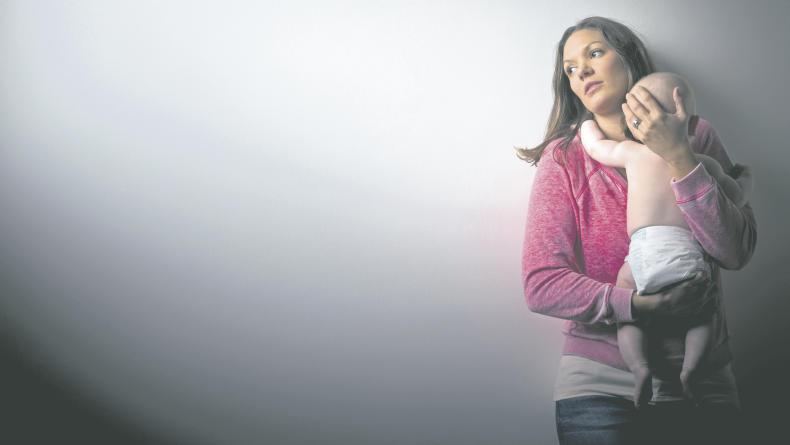An acquaintance on Facebook, who I haven’t spoken to in years, recently posted a link to an article from a well-known magazine. The title of the piece read: “Mothers who regret having children are speaking up like never before”. Her description of the article was something along the lines of: “I can’t imagine, as a mother who battled infertility and had to use IVF to conceive, ever regretting my sweet baby.”
I don’t usually comment on posts from people I rarely speak with but, in this case, I was reminded of a conversation I’d had with another mother. This time, the woman in question was sitting next to me on an airplane while I struggled, travelling with two small children. She was kind and helpful and we ended up talking about motherhood and life, and how things are never what you really expect.
She too experienced infertility. She too struggled to conceive. And she too eventually had beautiful twins after her umpteenth round of IVF.
But she also “regretted motherhood”. As we bonded over our shared experience, she confided to me that she often felt overwhelmed as a mother and got very little joy out of it. Instead, she often wondered what she got herself into.
Not something you can prepare for
Motherhood isn’t something you can really prepare for. You can buy all the baby books and equipment, do all the research and follow all of the medical advice. You can bring a healthy child into this world far more easily today with our advances in medicine, but raising children has become a lot more complicated.
I felt for this woman – a complete stranger – who was pouring her heart out to me on the airplane. I felt for her because I have been there myself. I have felt regret – followed by immense guilt – at 3am when I’ve only had a few hours of sleep in as many days and my baby couldn’t be calmed. I have felt inconvenienced when I really wanted to get that article written but my toddler refused to nap. I have felt, at times, that my children have taken more from my life than they have added.
But those feelings pass. Children grow, they develop, you get a bit more sleep and they become a bit more independent. But I’ll never forget how it felt in those early days when my husband was working and farming and I was stuck at home with three small children. Despair, loneliness and depression were the prevalent emotions then. In that scenario, when you’re used to feeling happy and productive, wouldn’t you feel some regret in regards to motherhood?
I don’t know how many women truly regret having their children. I think, instead, women have a lot more on their plates than they used to. We’re expected to meet our child’s every physical, emotional and educational need while forsaking our own. So many parenting experts, online research articles and Facebook groups full of “sancti-mammies” tell us every day that we’re ruining our children’s lives by letting them watch TV and eat processed foods, by not hugging them enough or letting them cry too long.
In many ways, the digital age has simplified our lives; in others it has over-complicated things. Let’s face it, constant access to information has made motherhood a much more complicated job than it was 30 years ago. It’s emotionally exhausting.
So yes, I get how, seemingly, so many more women are “regretting motherhood” than in previous generations. But again, we’re much more connected than we were 30 years ago. Maybe the numbers haven’t really changed, we’re just better able (and less afraid) to communicate our frustration and loneliness.
In the end, I commented on my acquaintance’s Facebook post. I told her that women don’t always necessarily regret motherhood. We regret the lies we, as millennial women, were told as children. You know, the ones where we were told we could do it all: kids, career, travel and fulfilment in all areas of life.
What about parenting equality?
We are beginning to experience more gender equality in Ireland but parenting equality? We’re not there yet. Until our partners do 50% of the parenting and housework, women are going to regret getting married and becoming mothers.
This is because we are getting the raw end of the deal. We step back from our careers and put our lives on hold to care for our children – our partners can continue to progress in their work and most families rely on the income they bring to the household during those baby-rearing years.
As I discovered from my airplane seat-mate, even the most loved and wanted babies can be regretted, sometimes. It doesn’t make the mother a monster or cause her to love and care for her children any less. It’s healthy to get the regret out of your system and talk about it. The way I see it, it’s how we grieve our former, carefree lives in order to move on. Once you’ve moved on you’ll be able to see that, because of your children, the best part of your life is just beginning. CL






 This is a subscriber-only article
This is a subscriber-only article










SHARING OPTIONS: